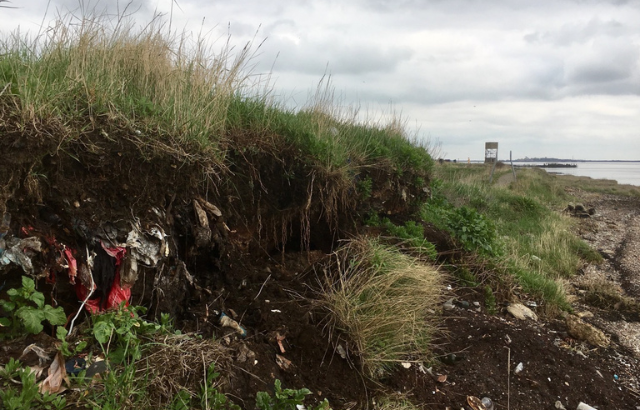EU failing to comply with obligations on migration, according to new report
Dr Violeta Moreno-Lax from Queen Mary’s School of Law has written a report for the European Parliament on the EU’s External Migration Policy and the Protection of Human Rights.

A group of migrants travelling
The report covers EU cooperation with Turkey, Libya, Niger, and Afghanistan and comes as the European Commission has launched a New Pact on Migration and Asylum.
Implications of EU policy
The report provides an in-depth analysis of the human rights implications of EU external migration policy interventions. It identifies human rights obligations owed to third-country nationals (non-EU) when engaging in cooperation with third countries and non-EU actors. It also assesses the means and level of compliance with these obligations when designing and implementing the main policy instruments. In addition, the report also determines the existence and adequacy of operational, reporting, monitoring and accountability mechanisms available in each case to track and respond to potential violations.
The report found that that there was defective compliance with relevant EU obligations when it comes to the rights of third-country nationals. Recommendations include proposals for the European Parliament to action annulment proceedings to challenge measures adopted. It also recommends that the Parliament should make use of its budgetary control and monitoring powers to ensure compliance with EU legality principles.
Compliance with standards required
The in-depth analysis reveals that the full effect of the EU fundamental rights legislation in extra-territorial situations has not been duly accounted for. It proposes a system to ensure compliance with the relevant standards covering the pre-conclusion, design, adoption, implementation, evaluation and review phases, highlighting the role of the European Parliament and civil society organisations in this process.
Dr Violeta Moreno-Lax, Reader in Law at Queen Mary and author of the report, said: "My analysis of the EU external migration policy reveals a conspicuous lack of appreciation for the full reach and importance of fundamental rights obligations when engaging in extra-territorial activity, especially at sea and when cooperating with third countries through informal means.
"The overwhelming focus on the fight against irregular migration has brought about issues of defective compliance that need to be corrected. It should be abundantly clear from the outset that EU law requires the observance of fundamental rights, including the fundamental rights of migrants, in all EU internal and external actions, by all EU institutions, bodies and agencies as well as by Member States when implementing EU law. This requires not only the abstract recognition of the relevant standards in general terms, but also appropriate operationalisation through detailed and specific instruments that allow for effective protection in practice."
Dr Violeta Moreno-Lax has previously called for policy change on the rescue of refugees at sea, arguing that such interventions are not crimes but obligations under international law.
More information
- Read the full report, Violeta Moreno-Lax, EU External Migration Policy and the Protection of Human Rights, PE 603.512 (Brussels: European Parliament, 2020)
- Study Law at Queen Mary.
Related items

10 December 2024

10 December 2024
For media information, contact:
